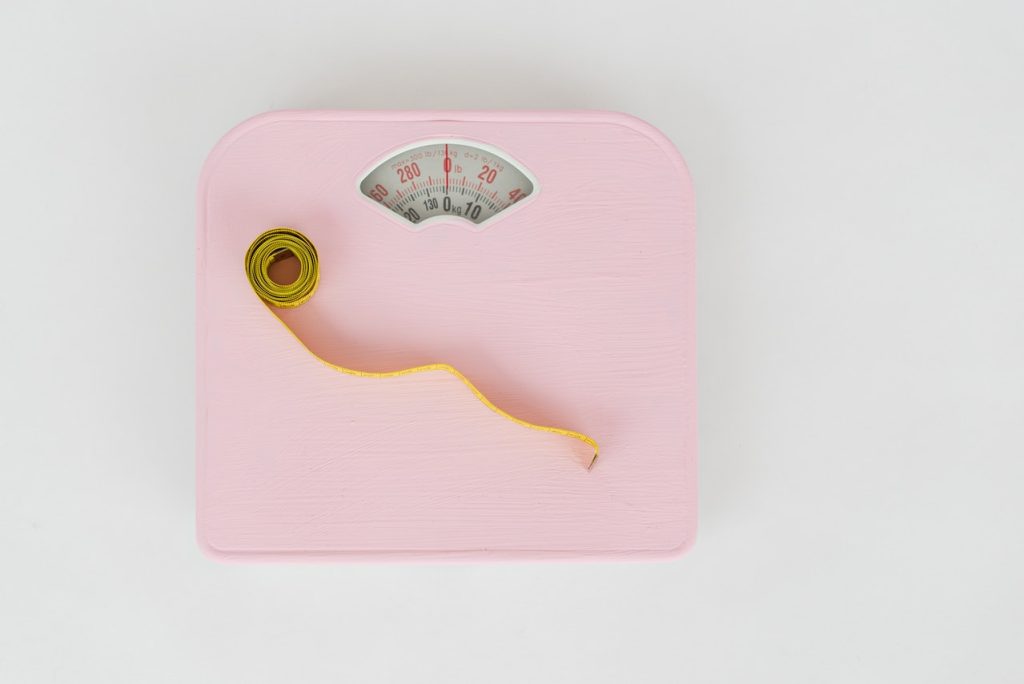If you are the type of person that weighs yourself regularly, you might wonder why the number on the scale might fluctuate daily. There are numerous reasons why these things happen, and they change every day. However, if you want to push through with your target of losing unwanted weight, knowing why these things happen can help you.
To learn more about this situation, here are some factors that can increase or decrease your weight every day.
Weight Fluctuation from Carbohydrates
Carbohydrates are a type of food broken down into glucose in the body. This simple sugar is absorbed into the blood, and it is the primary source of energy for the body. Carbohydrates can be found in most foods and drinks that the body gets.
Understanding that the body uses carbohydrates is important when it comes to weight loss. The body will store excess carbohydrates as fat, which is the reason for weight gain. You have to watch your carbohydrate intake if you want to lose weight.
If your body does not have a store of carbohydrates on hand, it will have no choice but to burn fat from the body. That is why monitoring your carbohydrate intake is essential.
Weight Fluctuation from Fluid Retention
Fluid retention can be a problem for some people. Even if you are following a good diet and are getting enough water, your body might still retain some extra water.
This can happen for various reasons, such as hormone changes, medications, and even exercise. In this case, you should wait for a few hours to see if the fluid retention will go away. If the weight is still there, you should consult a doctor.
Weight Fluctuation from Exercise
If you are concerned about weight loss, you should know that exercise can help you burn fat and lose weight. However, you need to remember that the scale will not move as quickly when you exercise. This is because you are losing fat, but you are also losing water. The water, however, will be replaced soon, so some of the weight you think you lost will come back.
Weight Fluctuation from Medication
One of the most important things about any medication is that you have to know the side effects. This is especially true for any medication used to treat chronic illnesses. Moreover, some drugs can be extremely addictive, so you have to be careful when taking them.
Weight Fluctuation from Alcohol
The calories in alcohol can add up quickly when you are not careful. Some people indulge in a drink at the end of the day, and they do this often enough to add inches to their waistline.
It is important to remember that alcohol also contains carbohydrates, so you should watch how much of this drink you drink. This is a good idea if you want to lose weight and not just maintain it.
Weight Fluctuation from Stress
If you are going through a stressful situation, it might impact your weight. That is because the stress hormone cortisol is linked to weight. Cortisol can cause you to gain weight, and even though it only has a minor impact, you should avoid stress and anxiety if you are trying to lose weight.
Final Thoughts
When trying to lose weight, keeping track of your progress is essential. You should not just rely on the scale but also see how your weight loss is going based on your waistline. Additionally, you should ask yourself whether or not you are seeing your weight go down steadily and consistently. Despite your efforts, if your weight fluctuation is a lot, you might have to do more.
If you want a weight loss program that sticks, consider Weigh to Wellness and our medical weight loss solutions in Birmingham, AL. We use a four-step approach to weight management that is aligned with your personal goals and health conditions. Call us today for more information.
